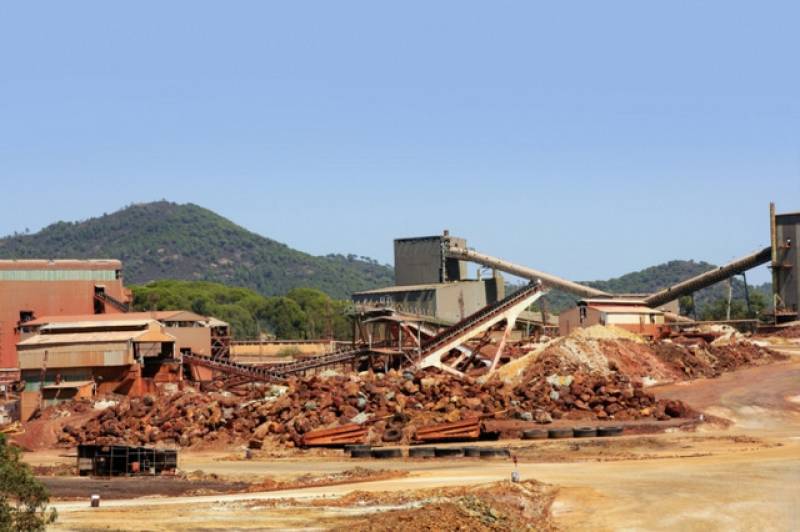Date Published: 22/11/2024
The first European plant to recycle critical materials is to be in Spain
ARCHIVED ARTICLE -
The plant will have the pioneering capacity to recycle valuable elements from electronic waste
Spain is set to have the first recycling plant in Europe that can reuse elements from electronic waste, therefore decreasing the demand for these materials to be mined.
The materials used in electronic items are referred to as 'rare earth' materials. Rare earth materials are any of a group of chemically similar metallic elements comprising the lanthanide series. Minerals commonly known as rare earth are dysprosium, neodymium and praseodymium.
These minerals, that help produce technologies people use every day, have become some of the greatest treasures of the 21st century. The materials go into making such items as solar panels, optical fibre and mobile phones. With the future set to rely ever more heavily upon such items, the demand is likely only to increase.
Furthermore, the production of electric cars and wind turbines also rely on such minerals. These materials are very rare in their pure form and are concentrated in only a few countries.
All countries rely on China, for the most part, at this moment for their supply of rare earth materials. This has obvious problems and therefore the European Union is seeking to find its own materials so that it is not reliant on China.
In March 2024, the European Law on Fundamental Raw Materials was approved – which includes not only rare earths, but also lithium, nickel, silicon and magnesium – with the aim of extracting 10% of the materials consumed by the EU per year, processing 40% of that demand and recycling 25% by 2030.
This is where Spain comes in. The recycling element of the goal is where Spain will help to reuse the electronic goods that have been discarded. This plan has prompted the construction of a pilot plant unique in Europe (ISASMELTMF600), in which, thanks to the use of processes with different types of technologies, such as the fusion of metals in a molten bath, it will be possible to give a second life to these metals.
The principal investigator of the RC-Metals project for the recycling of critical metals, Félix Antonio López, said, “The energy transition is requiring a high consumption of raw materials and, at the same time, Europe produces two million tonnes of waste electrical and electronic equipment per year, which is equivalent to 16.2 kg per person, the highest rate in the world. This waste contains valuable metals that we have to recover.”
The ever increasing demand for these materials is what has prompted the plant to be built in Spain.
“There may be supply problems for some metals due to the speed at which we are consuming them,” López has stated. This is why it has become paramount for the creation of a plant to reuse as much of the product as it can.
The coronavirus crisis was the first warning against the problem with the lack of materials available to Europe when the chain is disturbed with China.
With the blockage of a large part of imports from China, including those of rare earths, Europe began to fear that its needs could not be met in the future.
The problem lies in the fact that China produces 60% of the rare earths on the planet and processes almost 90% of them. As far as the European Union is concerned, the Asian country supplies it with 98% of this material.
Furthermore, the recycling of rare earth is seen as a preferred method for environmental organisations , which have strongly criticised the other options, such as the extraction of materials. Every mining project that has been promoted in Spain has been met with opposition from these organisations, because of the dangers, work conditions and environmental effect of mining.
article_detail

|














